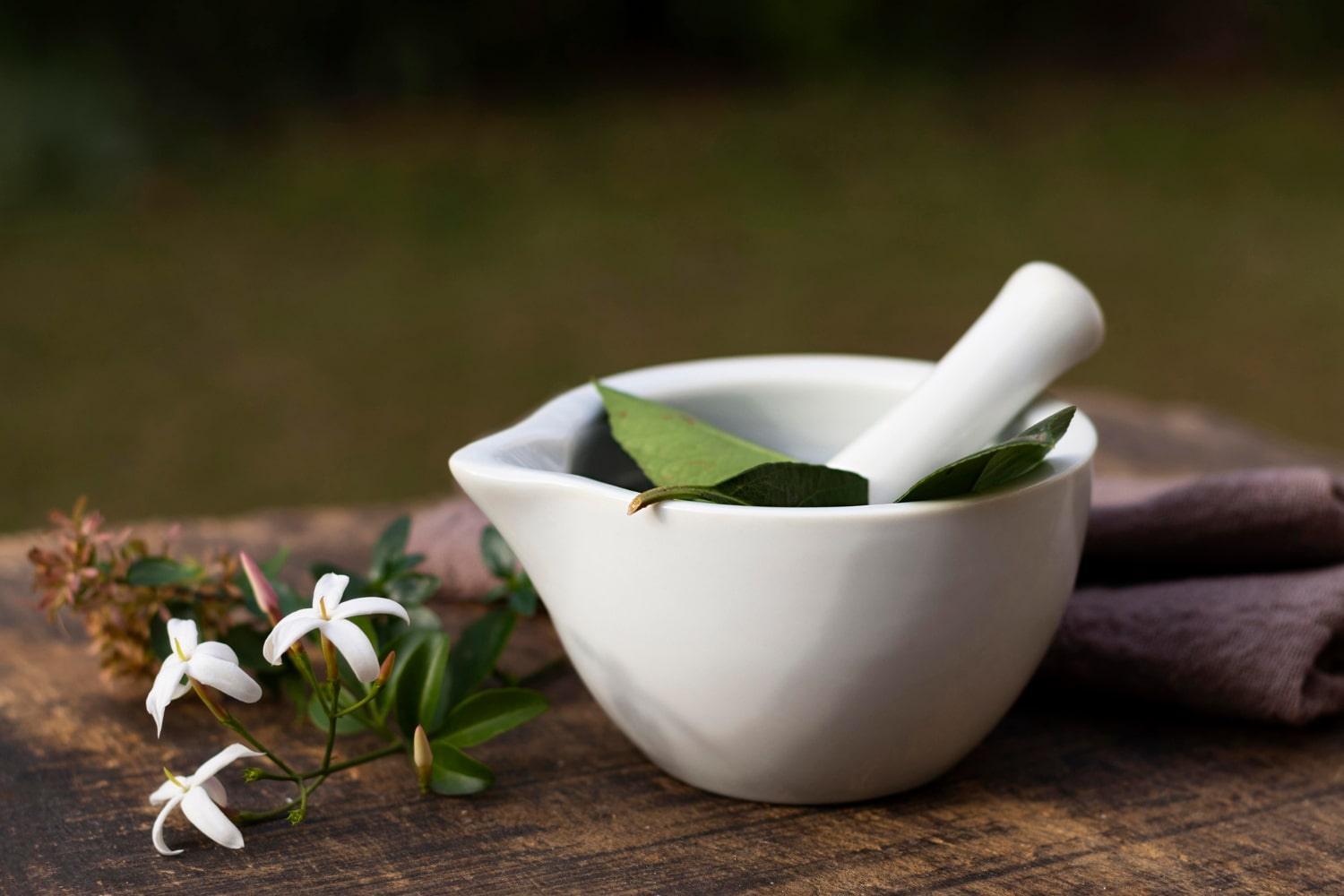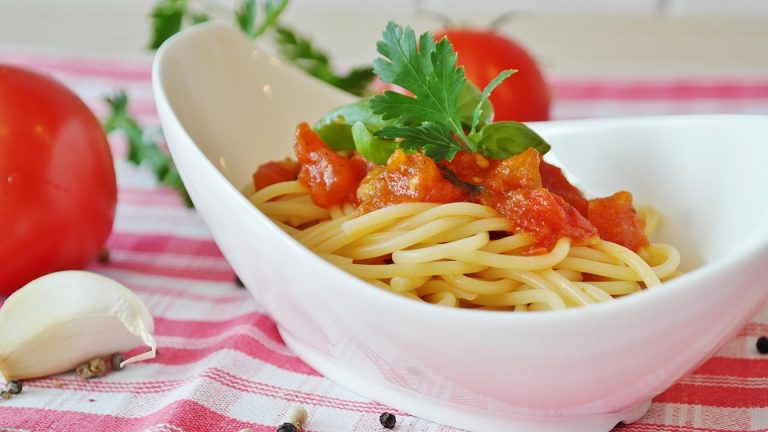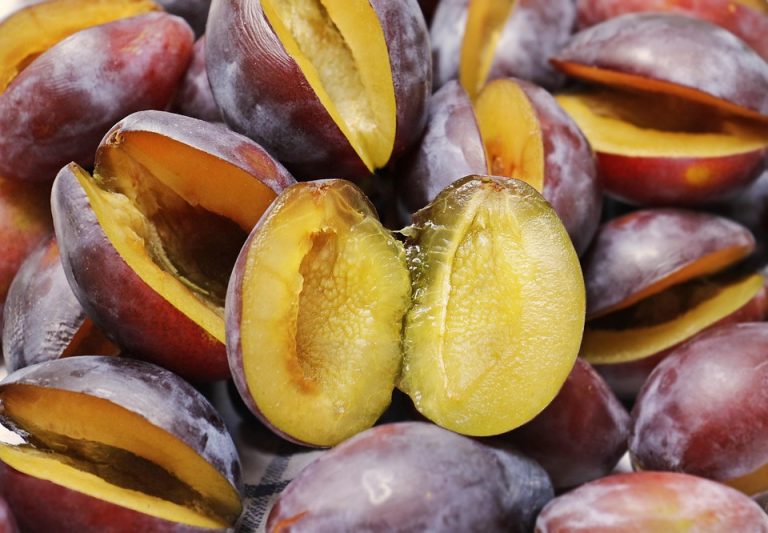Vitamin E benefits your body in more ways than you might imagine. This powerful antioxidant is essential for maintaining your health, protecting your cells, and boosting your overall well-being. You may not realize it, but incorporating vitamin E-rich foods into your diet is one of the simplest ways to elevate your health game. Let’s dive into ten delicious foods that are packed with vitamin E benefits, making your meals not only tasty but nourishing too!
Contents
- What is Vitamin E and Why Does It Matter?
- 1. Almonds: The Ultimate Snack
- 2. Spinach: The Leafy Green Wonder
- 3. Avocado: The Creamy Delight
- 4. Sunflower Seeds: Tiny But Mighty
- 5. Hazelnuts: The Nutty Nutrient
- 6. Butternut Squash: The Seasonal Sensation
- 7. Kiwi: The Sweet Surprise
- 8. Olive Oil: Liquid Gold
- 9. Peanut Butter: The Comfort Food
- 10. Mango: The Tropical Treat
- How to Incorporate Vitamin E into Your Diet
- Bottom Line
What is Vitamin E and Why Does It Matter?
Vitamin E is a fat-soluble antioxidant that plays a crucial role in protecting your cells from oxidative stress. This means it helps keep your body functioning optimally by neutralizing harmful free radicals. Why should you care? Because a diet rich in vitamin E can support your immune system, promote skin health, and even improve your heart health.
In today’s fast-paced world, we often overlook the importance of vitamins and nutrients. But vitamin E is one that deserves your attention. Whether you’re looking to enhance your beauty routine, improve your energy levels, or simply feel your best, vitamin E can be your ally.
1. Almonds: The Ultimate Snack
Almonds are not just tasty; they are a powerhouse of vitamin E. A mere handful can provide you with about 7.3 mg of vitamin E, which is nearly half the daily recommended intake. Snack on them raw, sprinkle them on salads, or blend them into smoothies.
- Health Benefits: Almonds can help lower cholesterol levels and reduce the risk of heart disease. They also support brain health and skin hydration.
2. Spinach: The Leafy Green Wonder
When you think of leafy greens, spinach often tops the list. Not only is it versatile, but it also packs a significant vitamin E punch—about 2 mg per half-cup cooked.
- Health Benefits: Spinach is rich in antioxidants and can aid in eye health. Plus, it’s excellent for your skin, helping to combat signs of aging.
3. Avocado: The Creamy Delight
Avocados are not just a trendy toast topping; they are a fantastic source of vitamin E, providing about 2.1 mg in a medium-sized fruit. Rich in healthy fats, they are both creamy and satisfying.
- Health Benefits: Avocados promote heart health, improve nutrient absorption, and give your skin that enviable glow. They’re perfect in salads, smoothies, or even as a dip.
4. Sunflower Seeds: Tiny But Mighty
Sunflower seeds are small but mighty, boasting a whopping 7.4 mg of vitamin E per ounce. They make a fantastic snack, and you can easily toss them into salads or yogurt for an extra crunch.
- Health Benefits: These seeds are not only great for your skin but also help to reduce inflammation and support your immune system.
5. Hazelnuts: The Nutty Nutrient
Hazelnuts are another nutty delight that offers a rich source of vitamin E—about 4.3 mg per ounce. They add a lovely flavor to desserts, salads, or can be enjoyed on their own.
- Health Benefits: Hazelnuts are known to improve cardiovascular health and provide anti-inflammatory benefits, thanks to their rich nutrient profile.
6. Butternut Squash: The Seasonal Sensation
Butternut squash is not only a seasonal favorite but also a great source of vitamin E—offering about 1.5 mg per cup when cooked.
- Health Benefits: It’s packed with antioxidants and fiber, promoting digestive health and boosting your immune system. Roast it, mash it, or add it to soups for a comforting dish.
7. Kiwi: The Sweet Surprise
Kiwis are often overlooked but are a fantastic source of vitamin E, providing about 1 mg per medium-sized fruit. They bring a sweet, tangy flavor to your plate.
- Health Benefits: Kiwis are great for digestion and can even help improve your sleep quality. They’re perfect for snacking or adding to fruit salads.
8. Olive Oil: Liquid Gold
Drizzling olive oil on your meals not only enhances flavor but also provides you with about 1.9 mg of vitamin E per tablespoon.
- Health Benefits: Rich in healthy fats, olive oil supports heart health and can help reduce inflammation. Use it in dressings, dips, or for sautéing vegetables.
9. Peanut Butter: The Comfort Food
Peanut butter isn’t just a childhood favorite; it’s also a delicious source of vitamin E, providing about 2.9 mg per two tablespoons.
- Health Benefits: It’s a great source of protein and healthy fats, keeping you full and satisfied. Spread it on whole-grain bread or add it to smoothies for a creamy boost.
10. Mango: The Tropical Treat
Mangoes are not just a delicious fruit; they also contain about 1 mg of vitamin E per medium-sized mango. Their sweet, tropical flavor makes them a favorite in many households.
- Health Benefits: Mangoes are rich in vitamins A and C and provide anti-inflammatory benefits. Enjoy them fresh, in smoothies, or as a salsa.
How to Incorporate Vitamin E into Your Diet
Adding these vitamin E benefits to your diet is easier than you think. Here are some simple ideas:
- Start Your Day Right: Add almond butter to your morning toast or blend spinach into your breakfast smoothie.
- Snack Smart: Keep sunflower seeds or nuts on hand for a healthy snack.
- Get Creative: Use olive oil in dressings and marinades for added flavor and nutrition.
- Mix It Up: Add a variety of these foods to your meals throughout the week.
Bottom Line
Vitamin E benefits your body in unique ways, from boosting your immune system to enhancing your skin’s appearance. By incorporating these ten delicious foods into your diet, you’re not just satisfying your taste buds; you’re also nourishing your body. So why wait? Start enjoying these vitamin E-rich foods today, and feel the difference in your health and vitality!
FAQ
What is the recommended daily intake of vitamin E?
The recommended daily intake for adults is about 15 mg.
Can I get enough vitamin E from food alone?
Yes, a balanced diet rich in the foods listed can provide you with adequate vitamin E.
Are there any side effects of too much vitamin E?
Excessive vitamin E from supplements can lead to health issues. Always consult your doctor before starting any new supplement.
Embrace the power of vitamin E and transform your meals into health-boosting delights!
Get Your FREE Natural Health Guide!
Subscribe now and receive our exclusive ebook packed with natural health tips, practical wellness advice, and easy lifestyle changes, delivered straight to your inbox.




